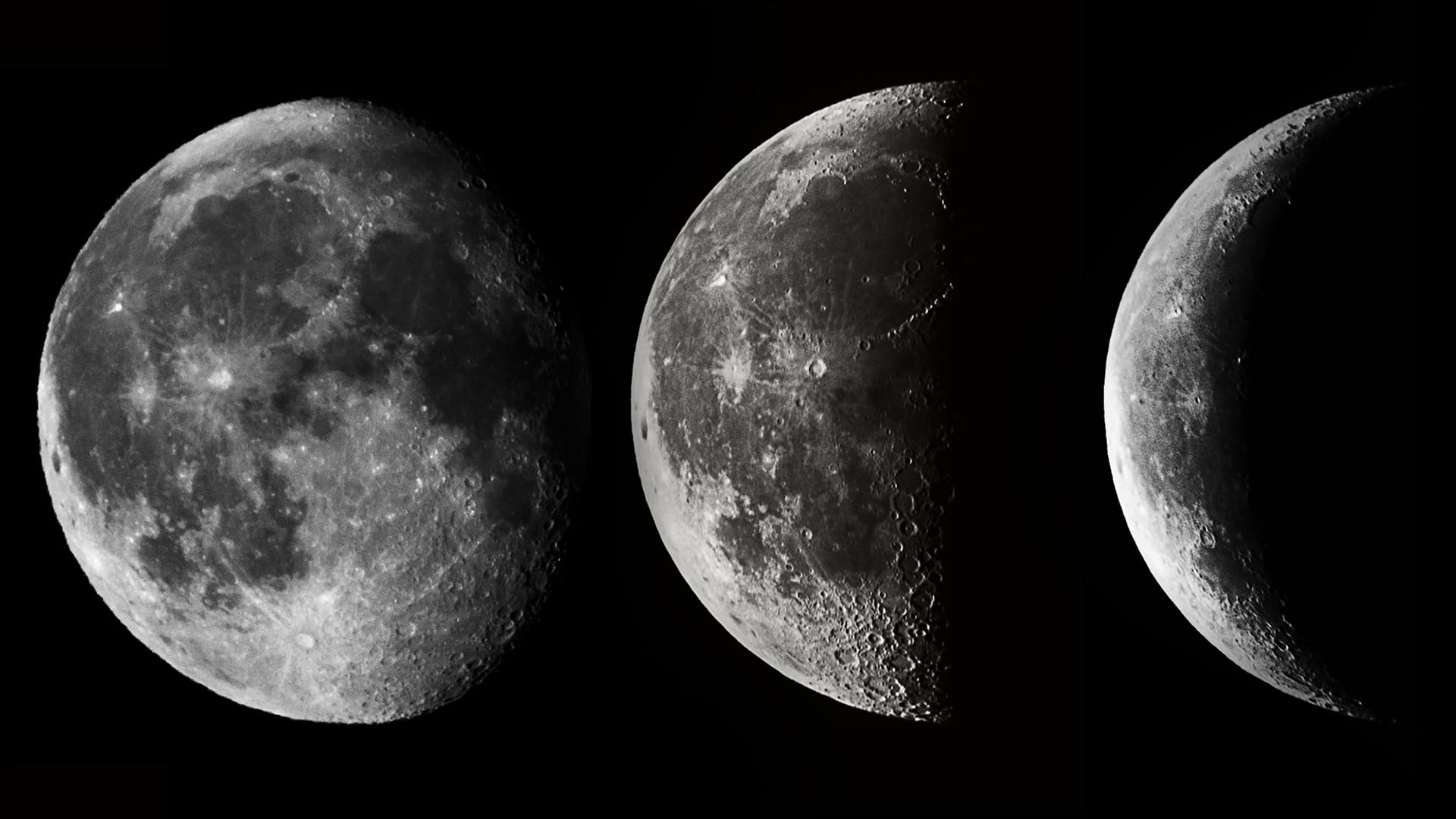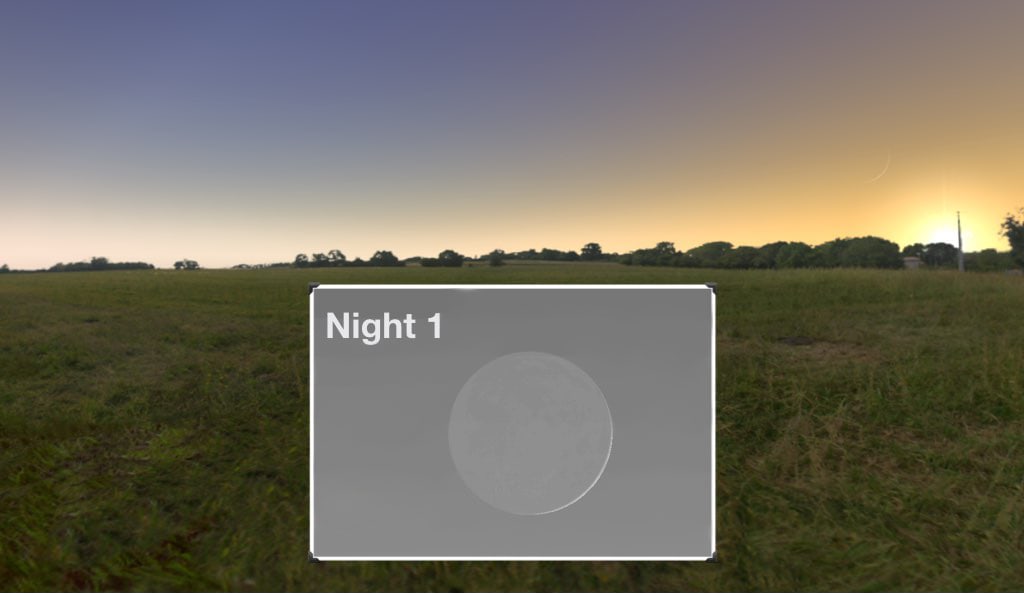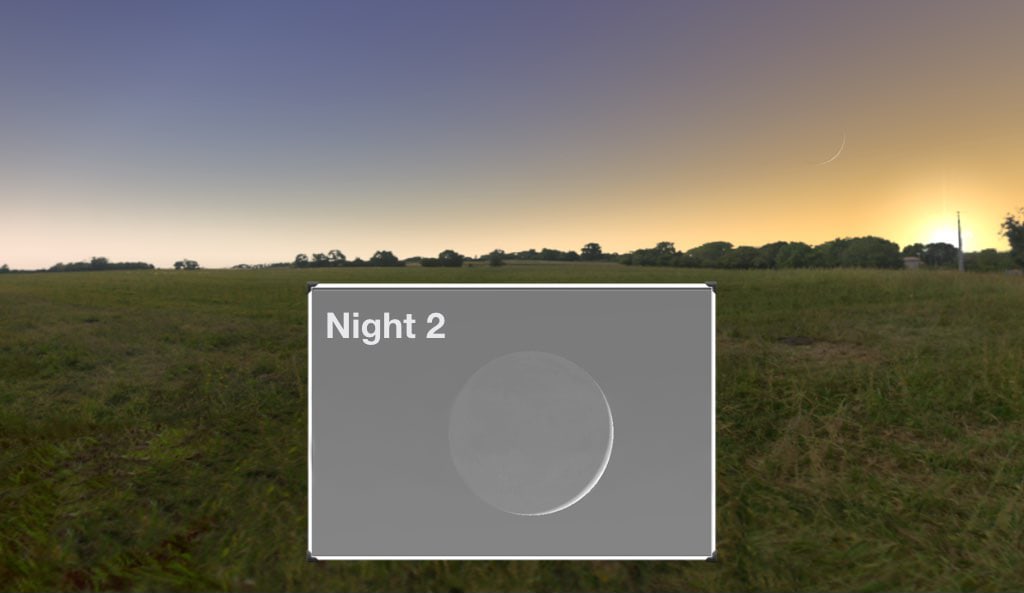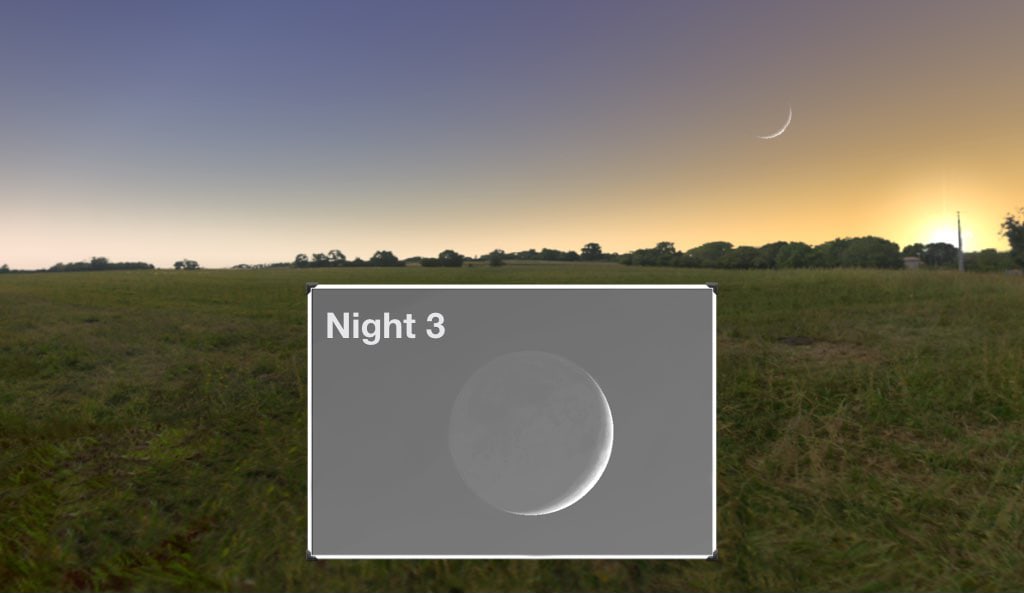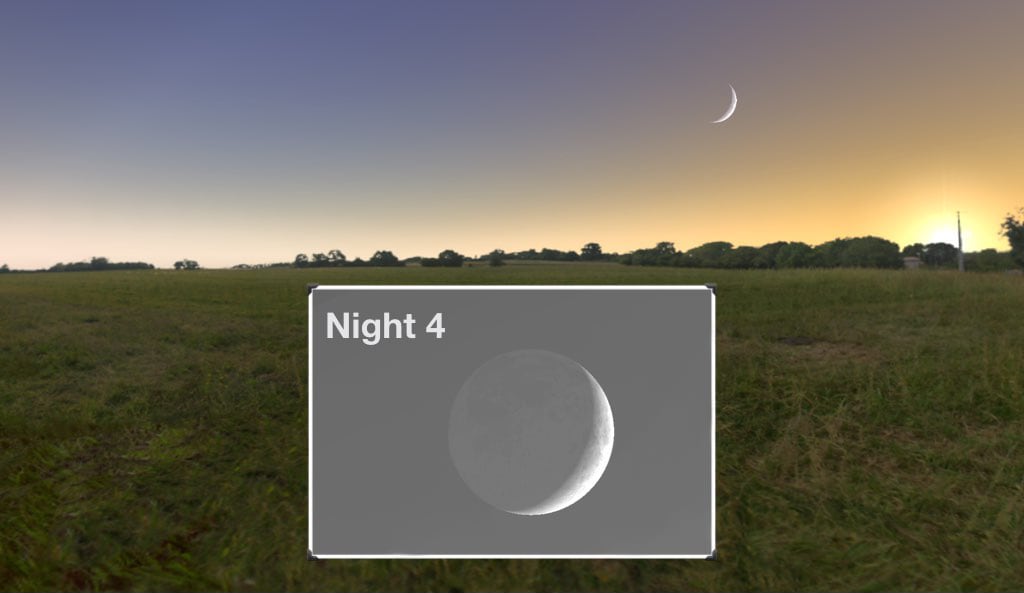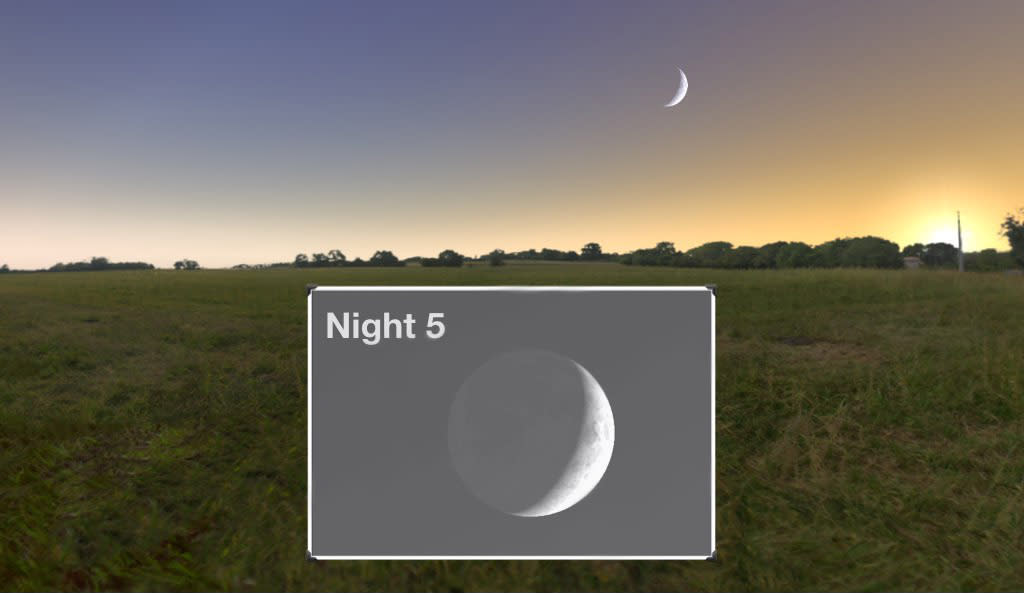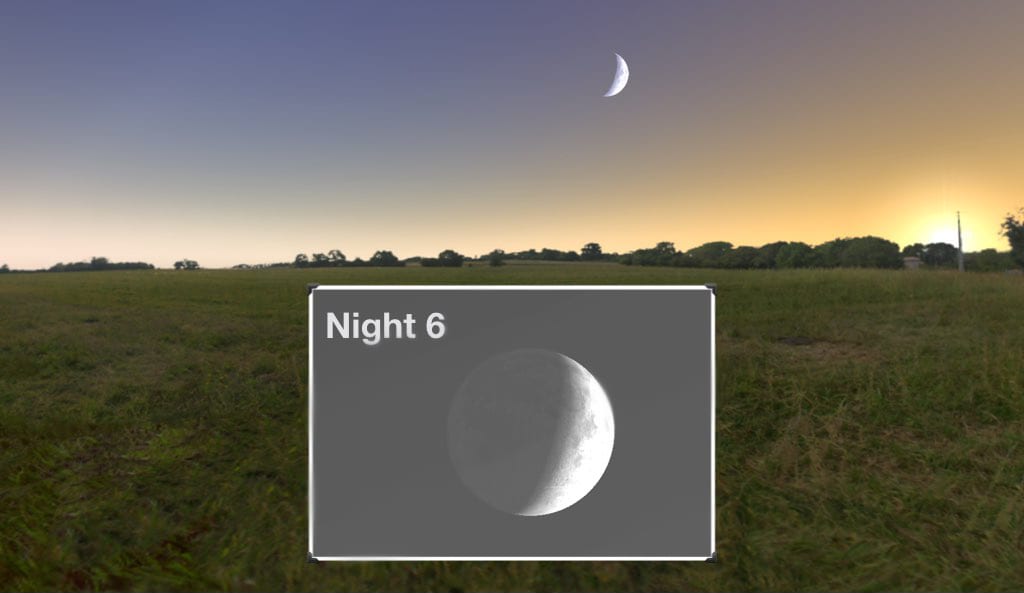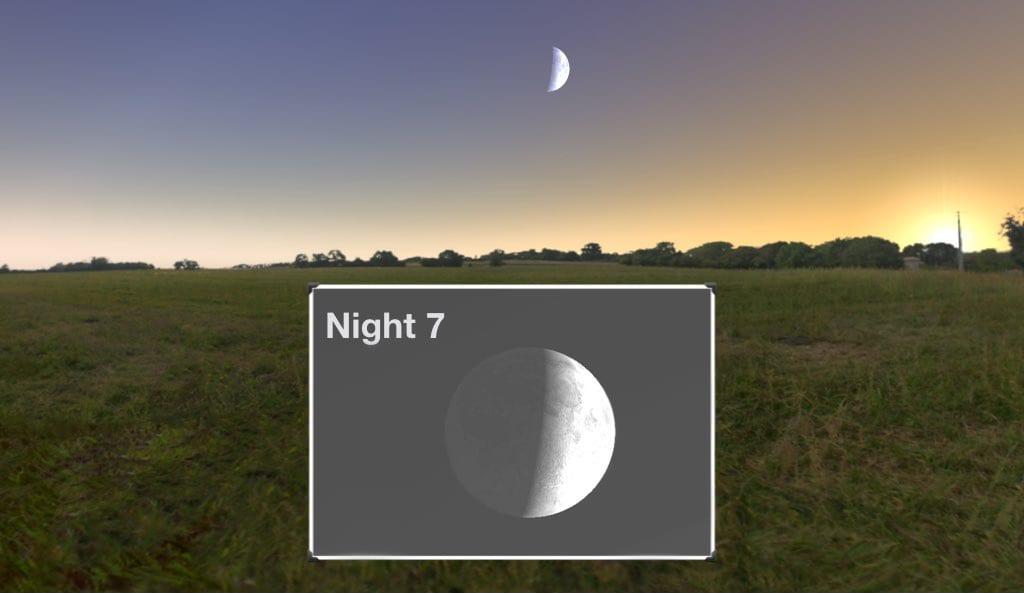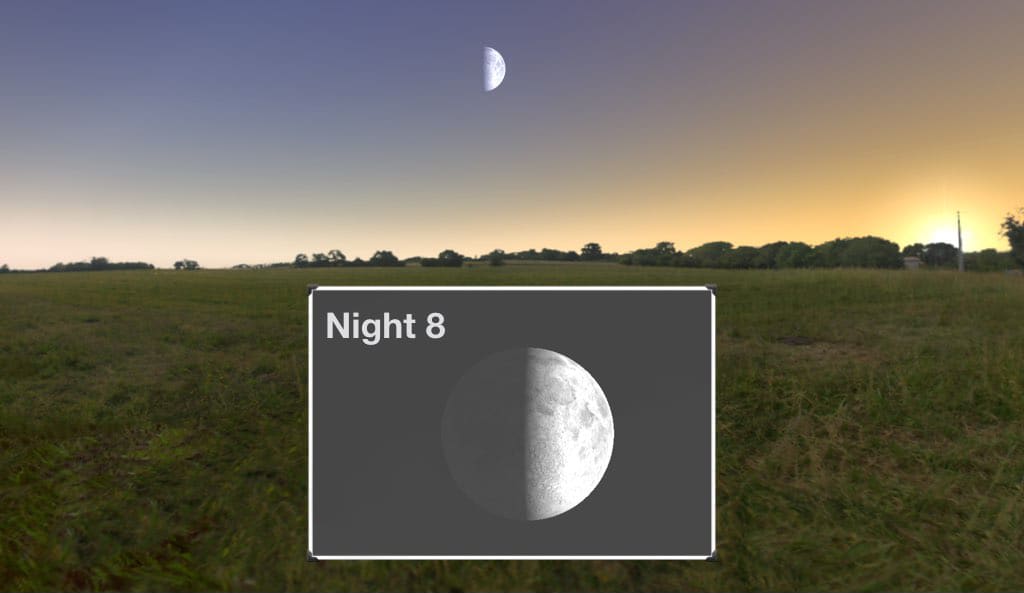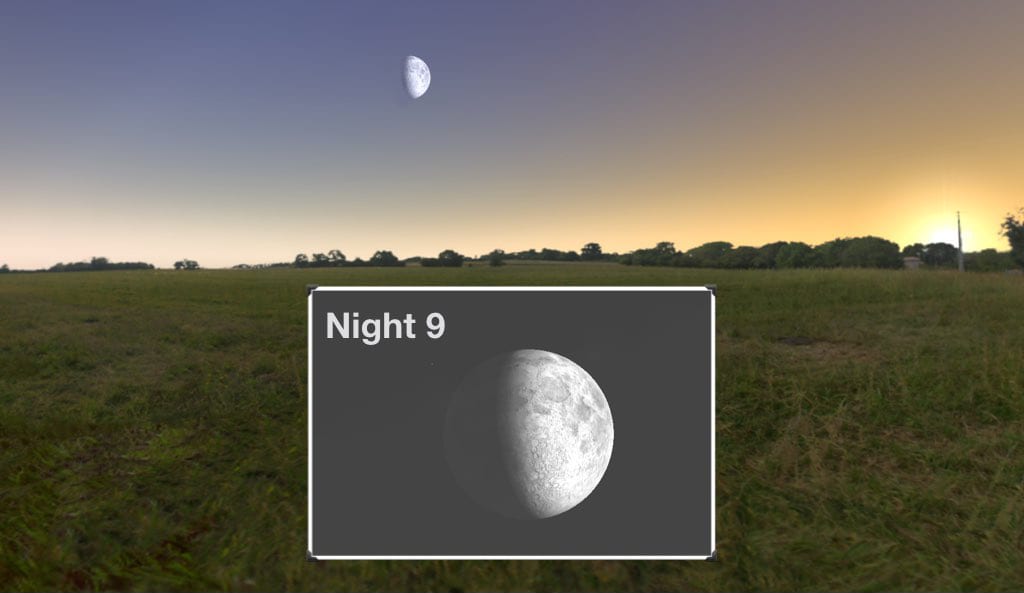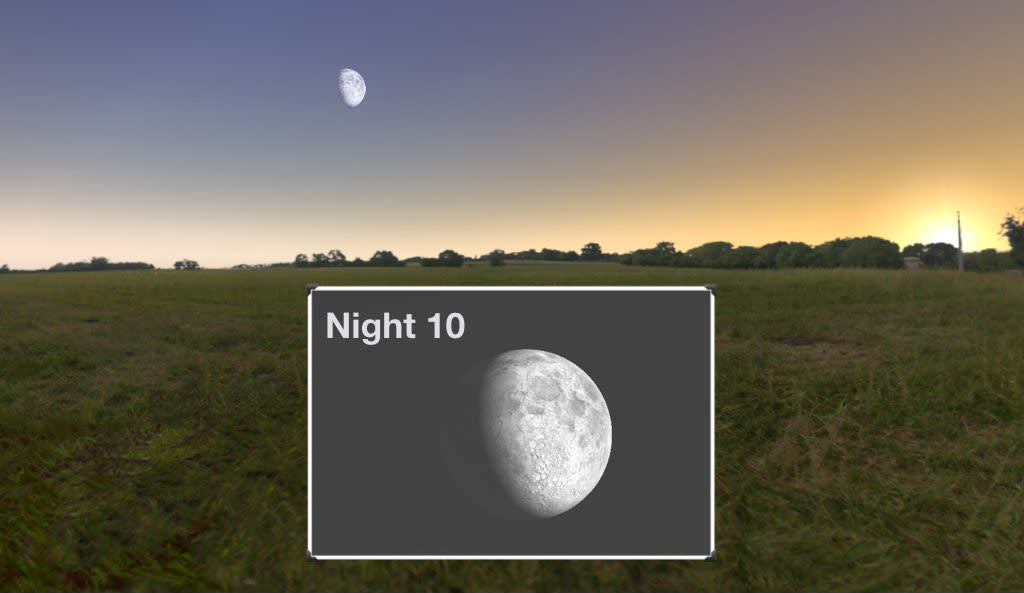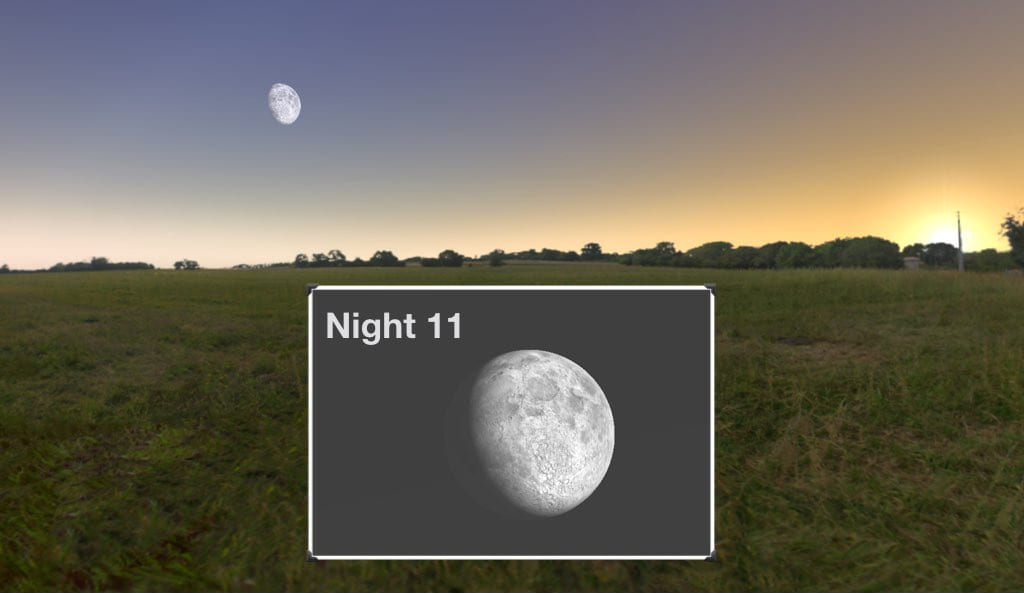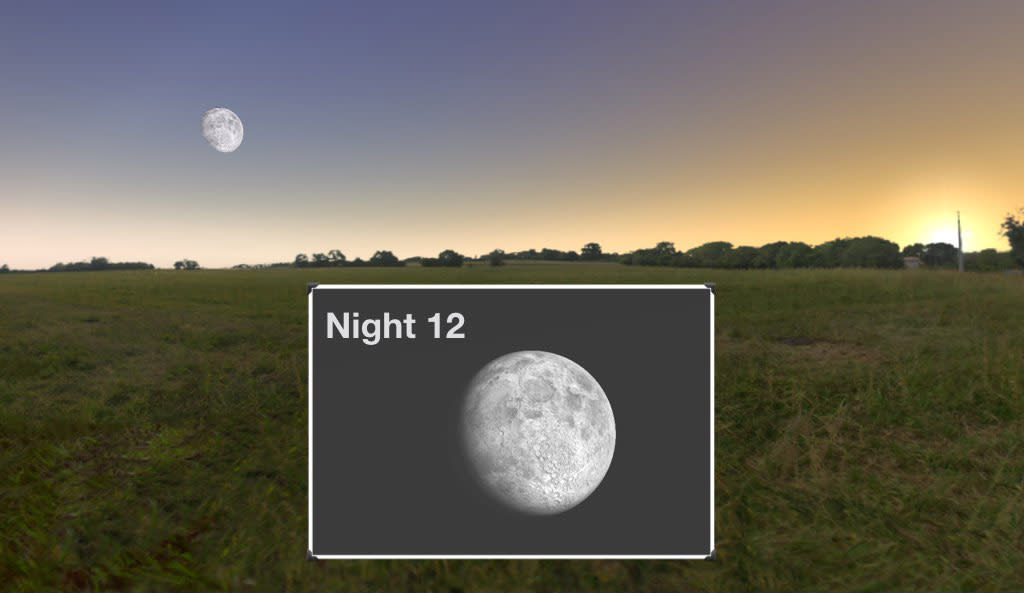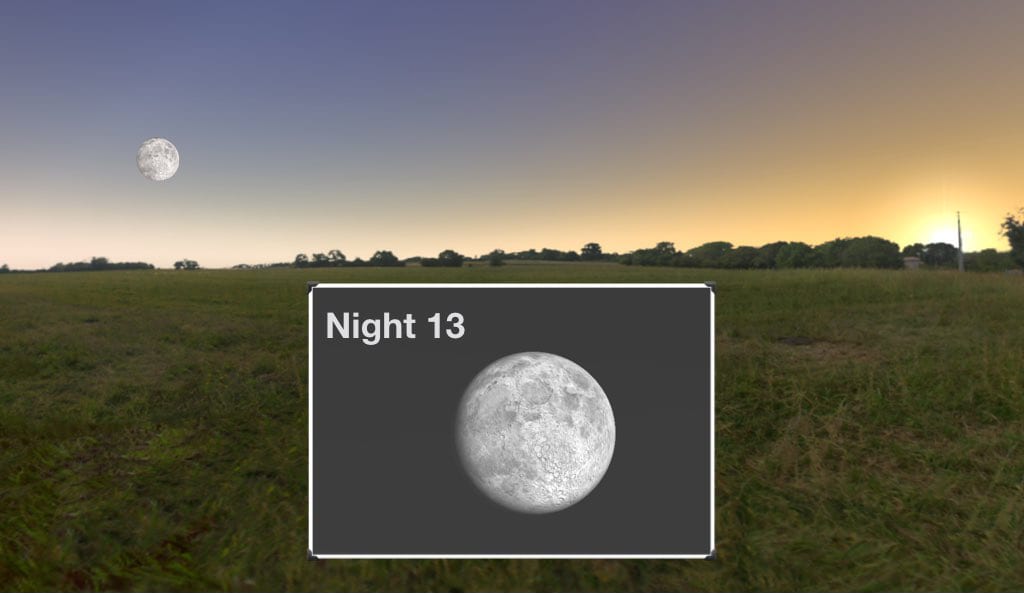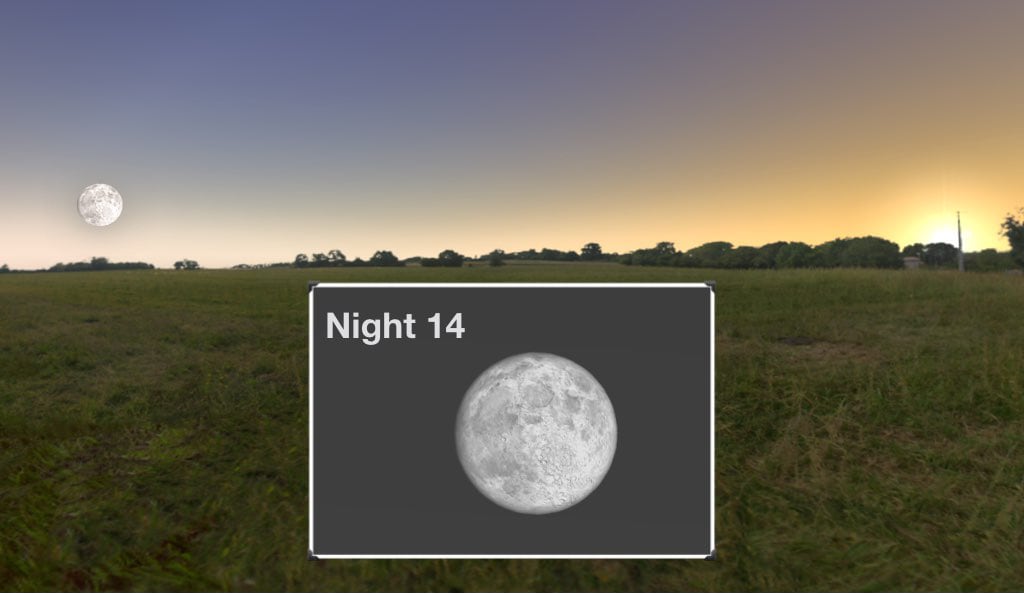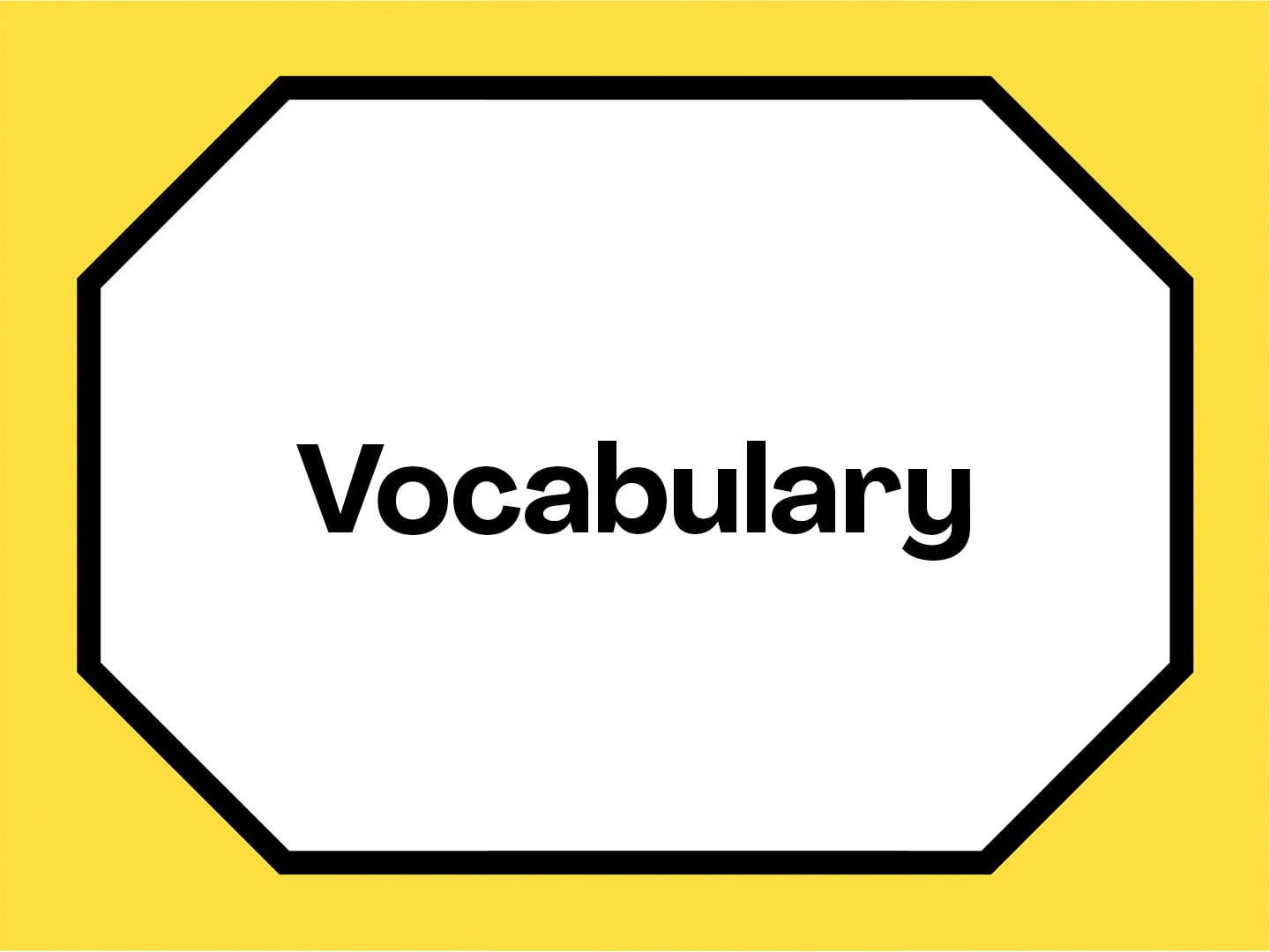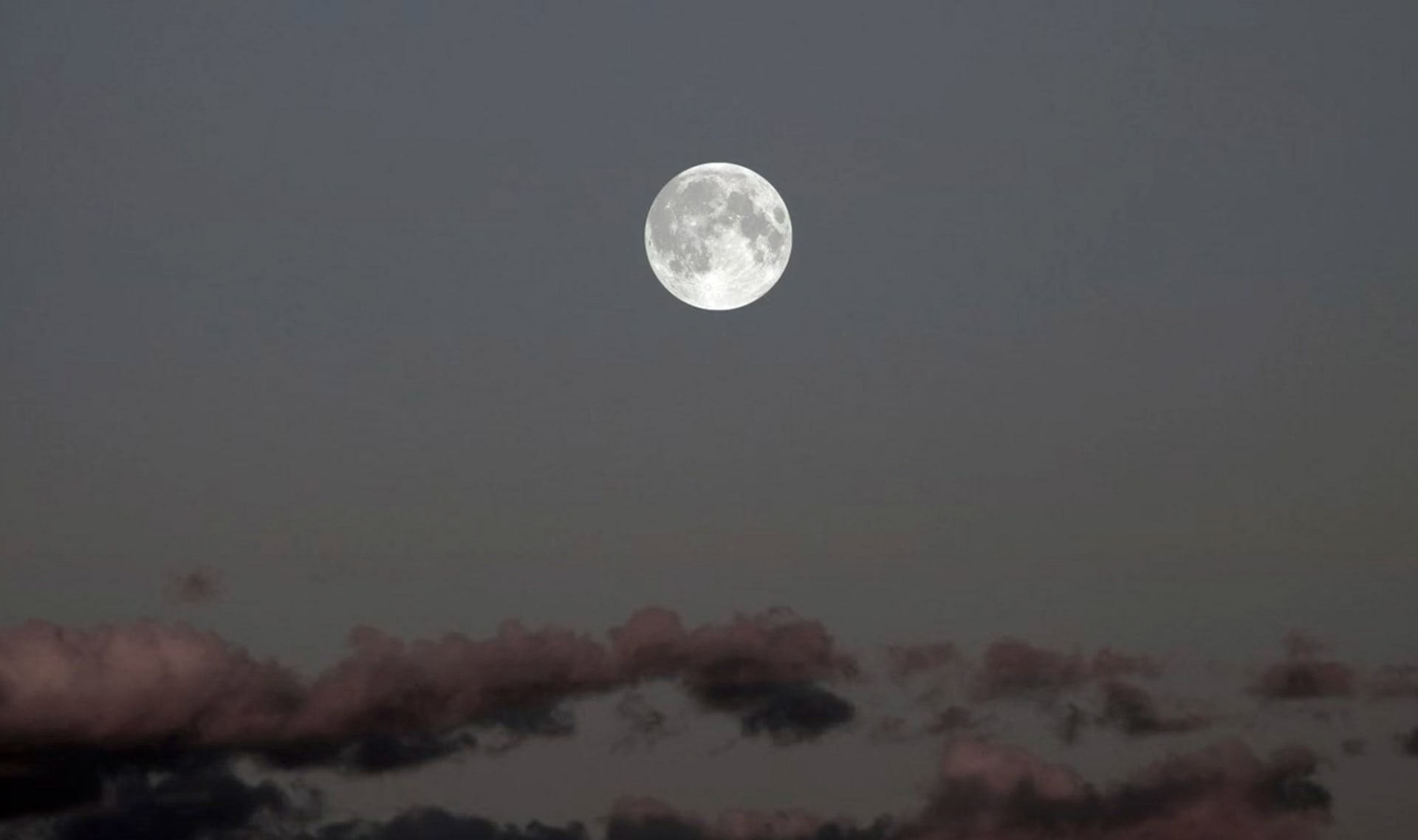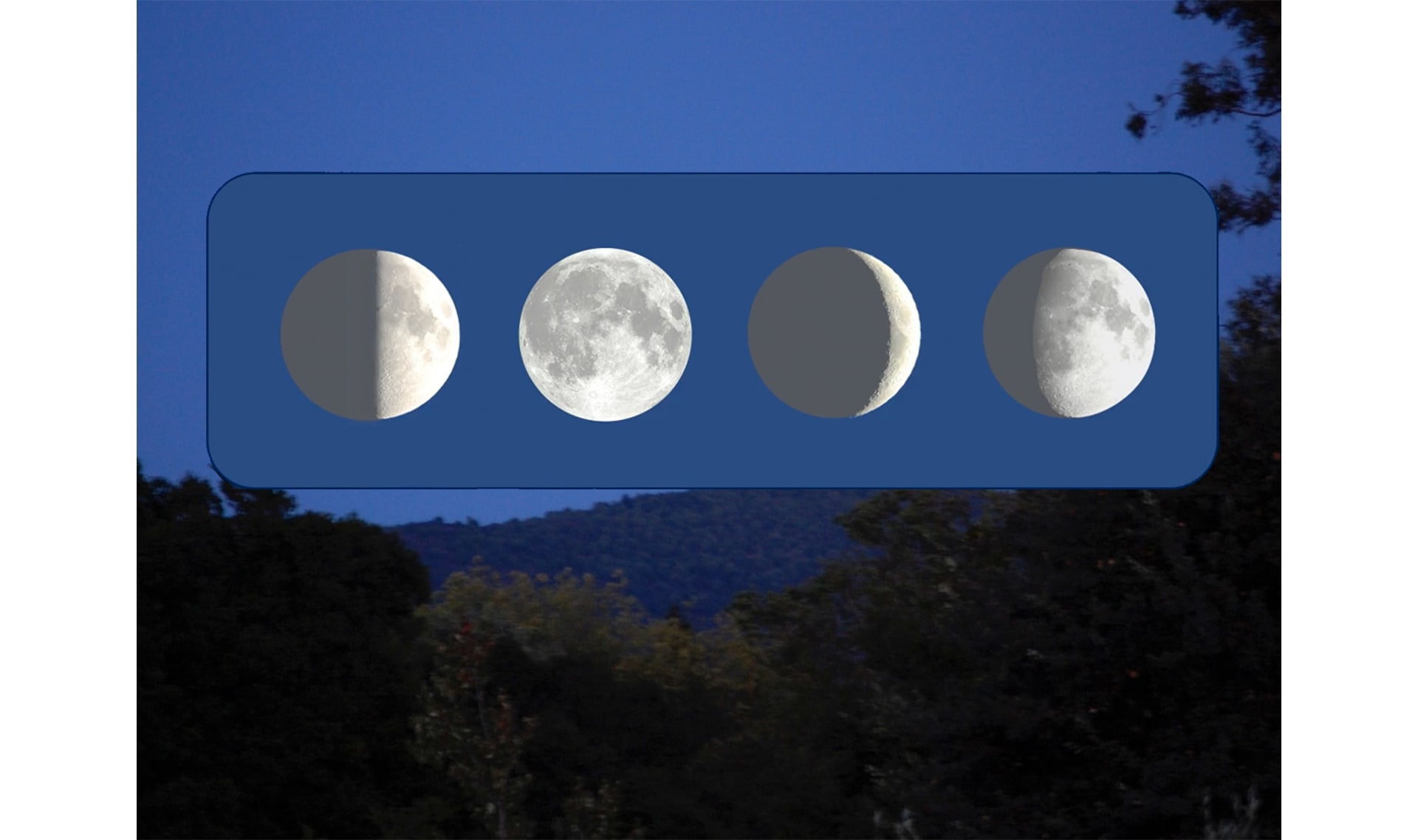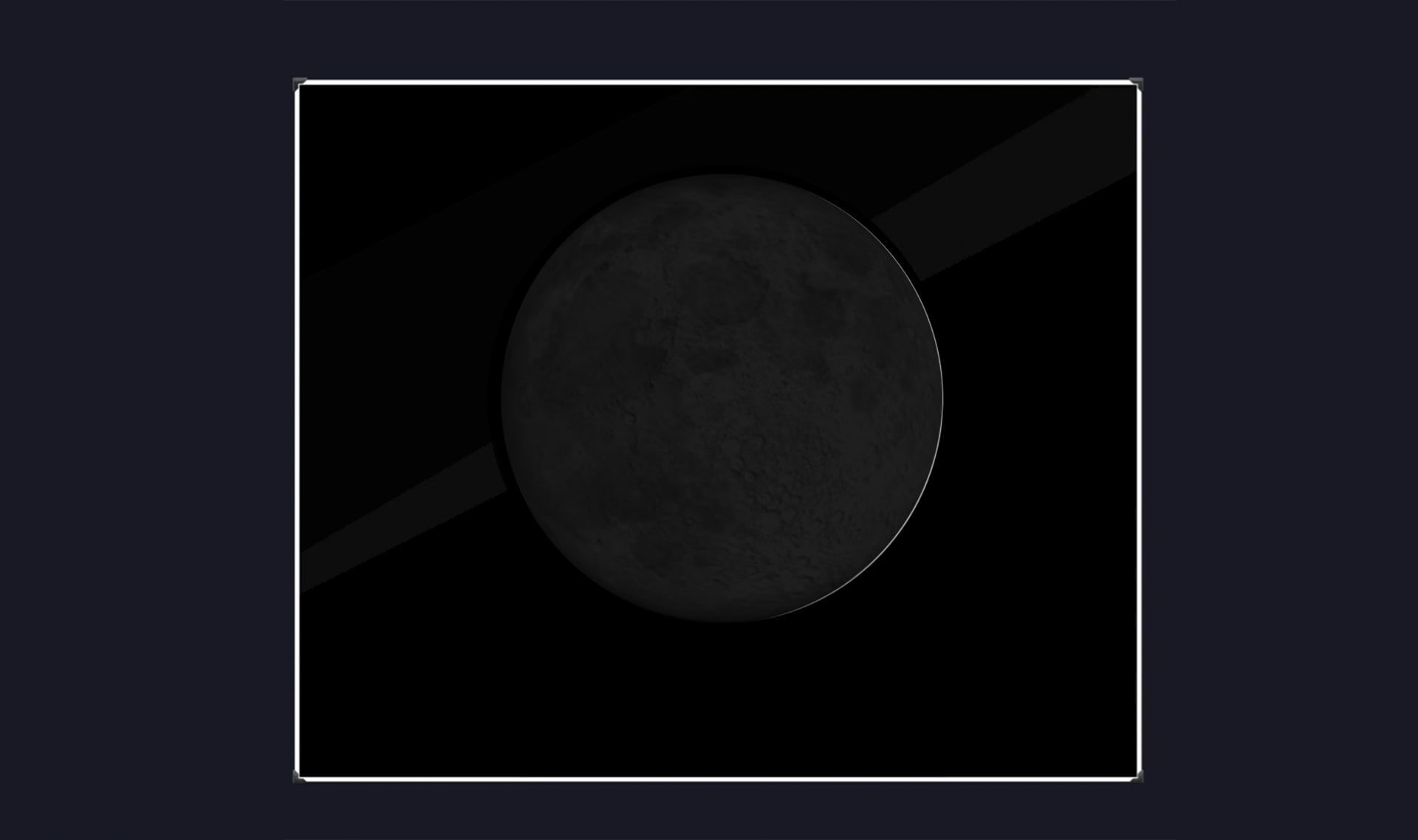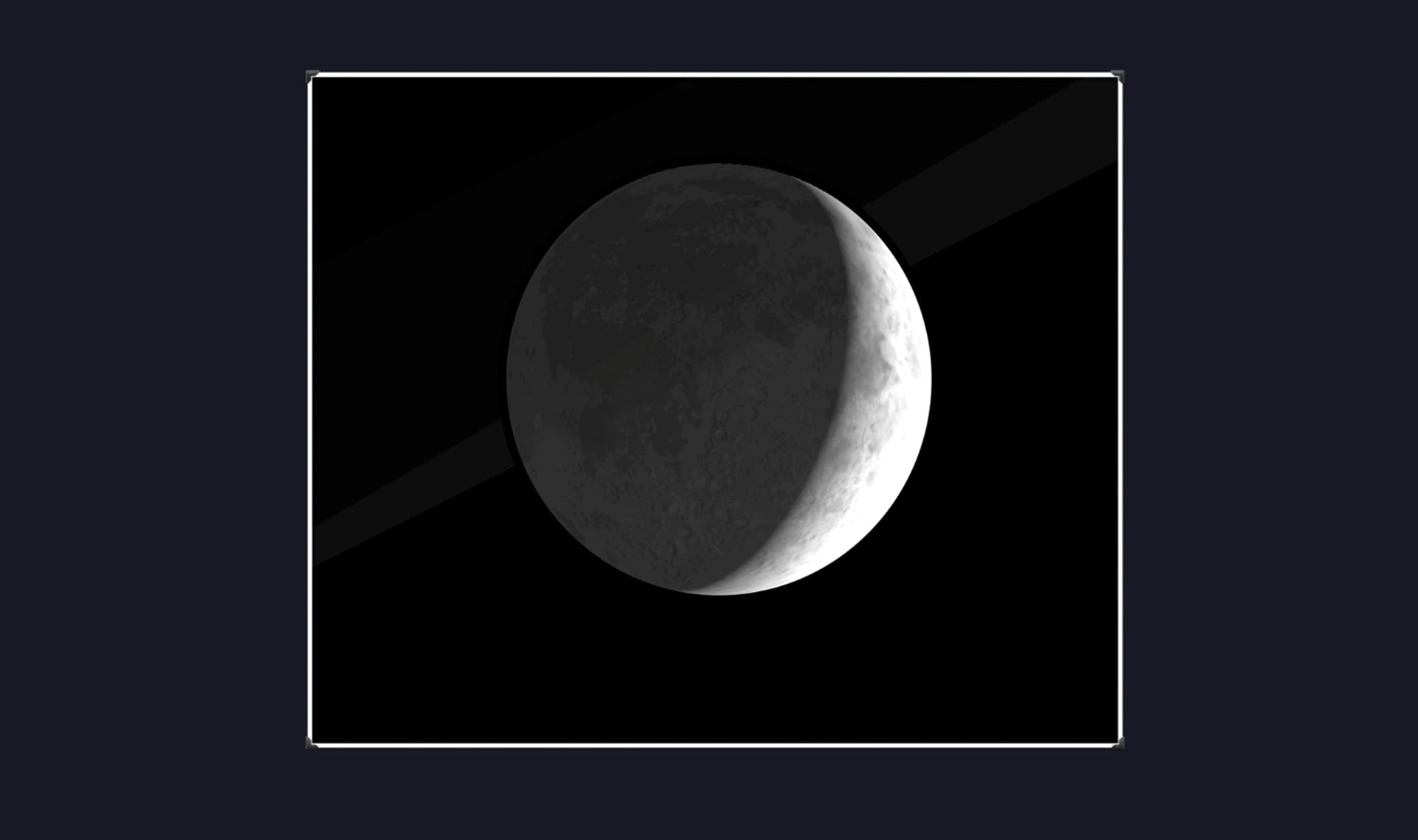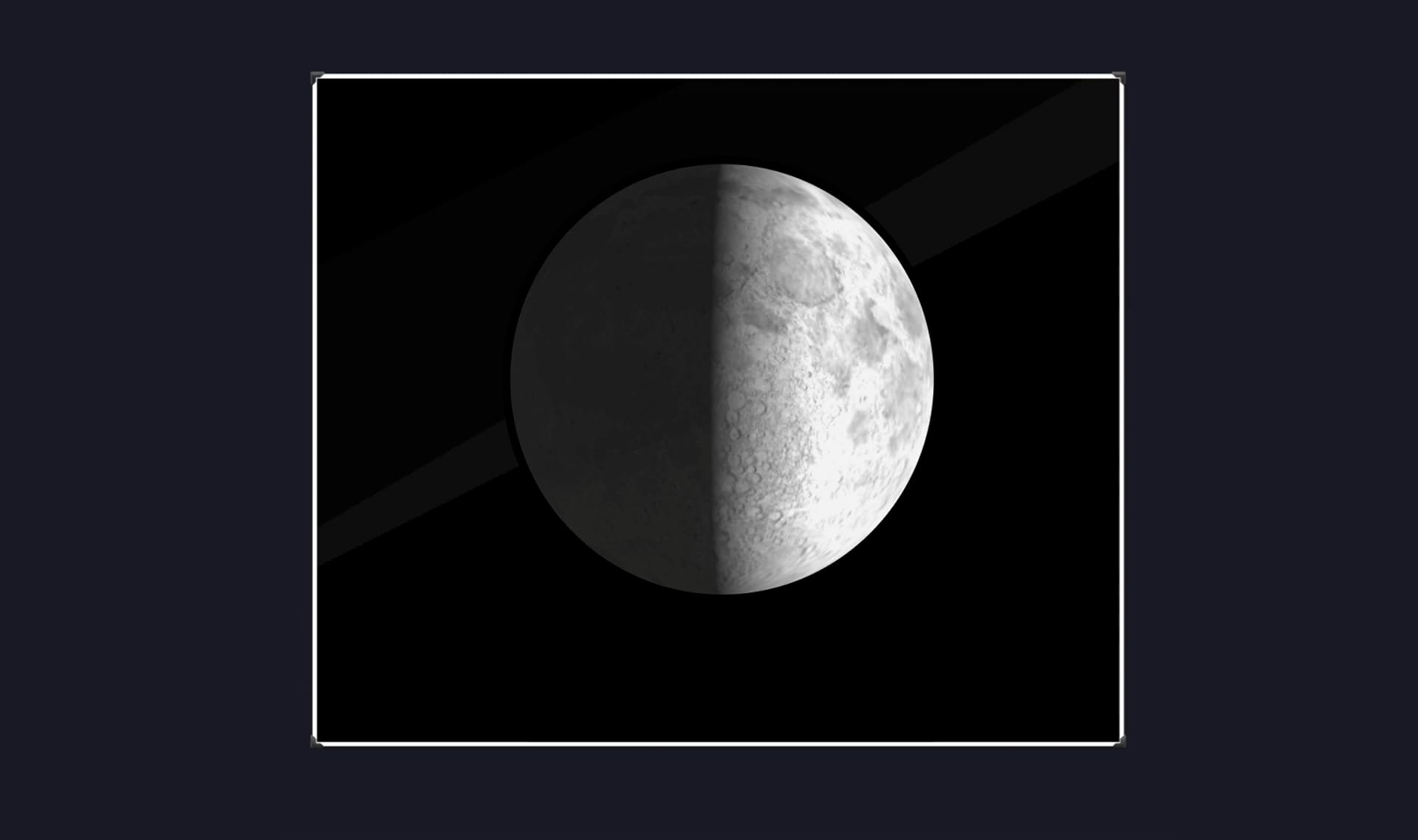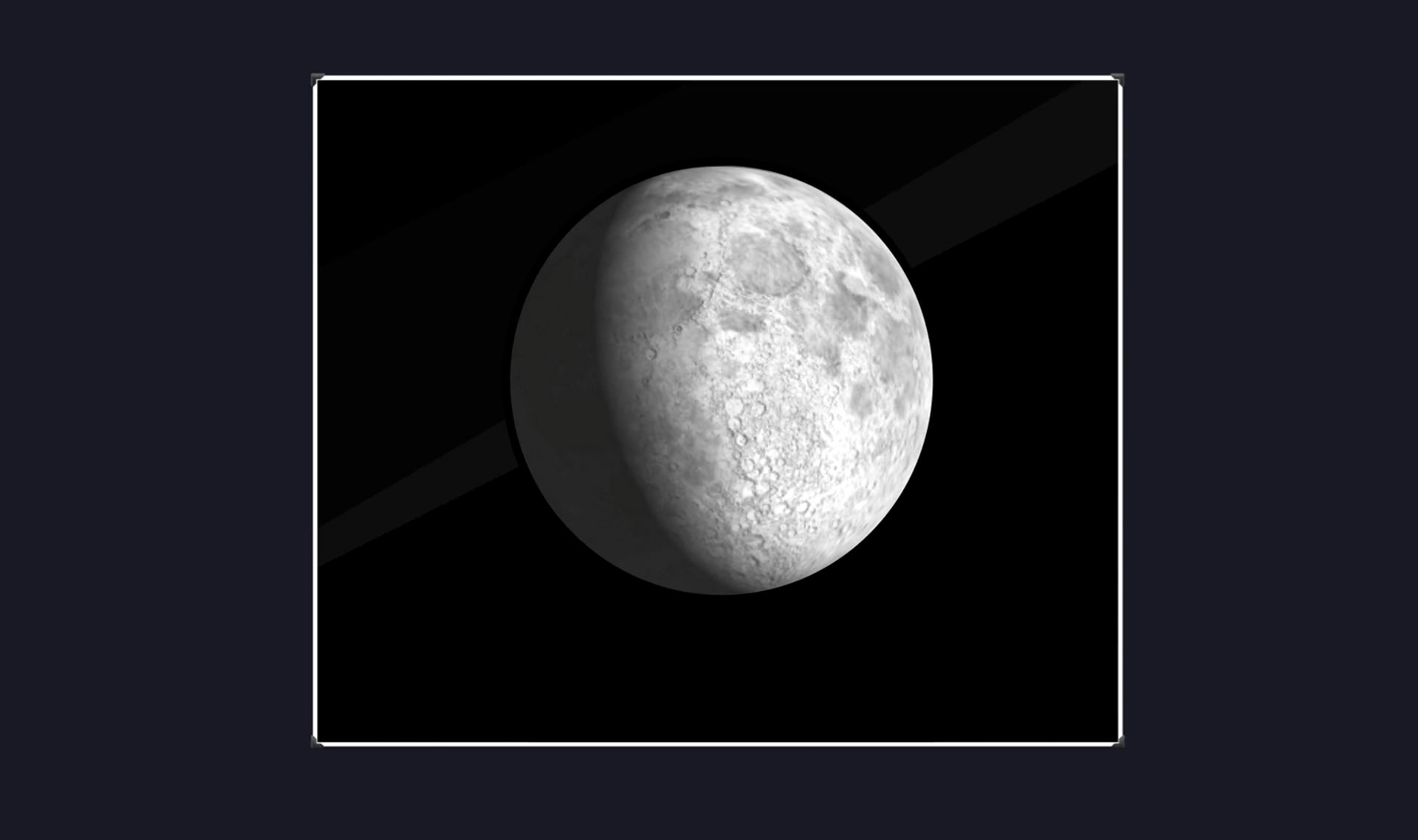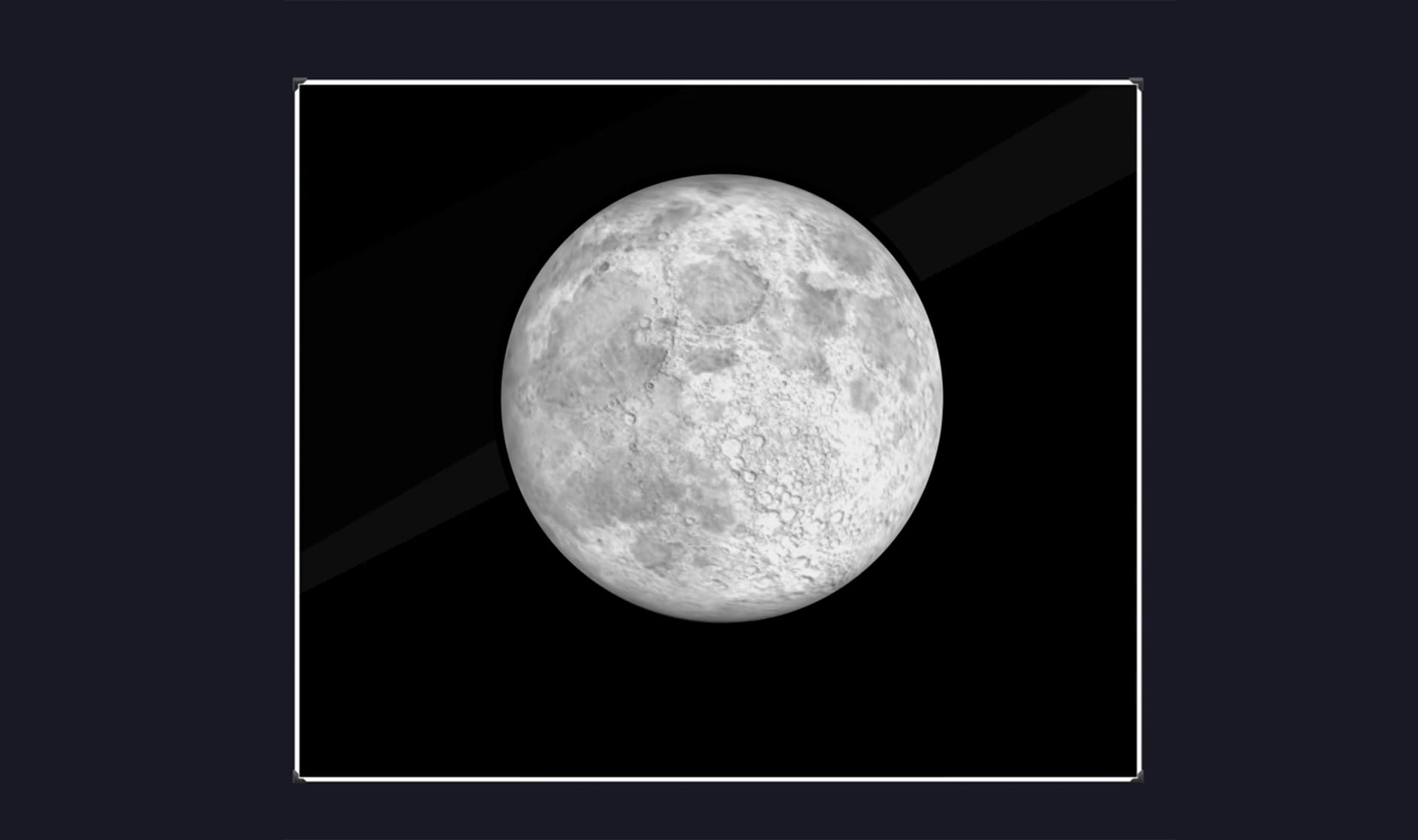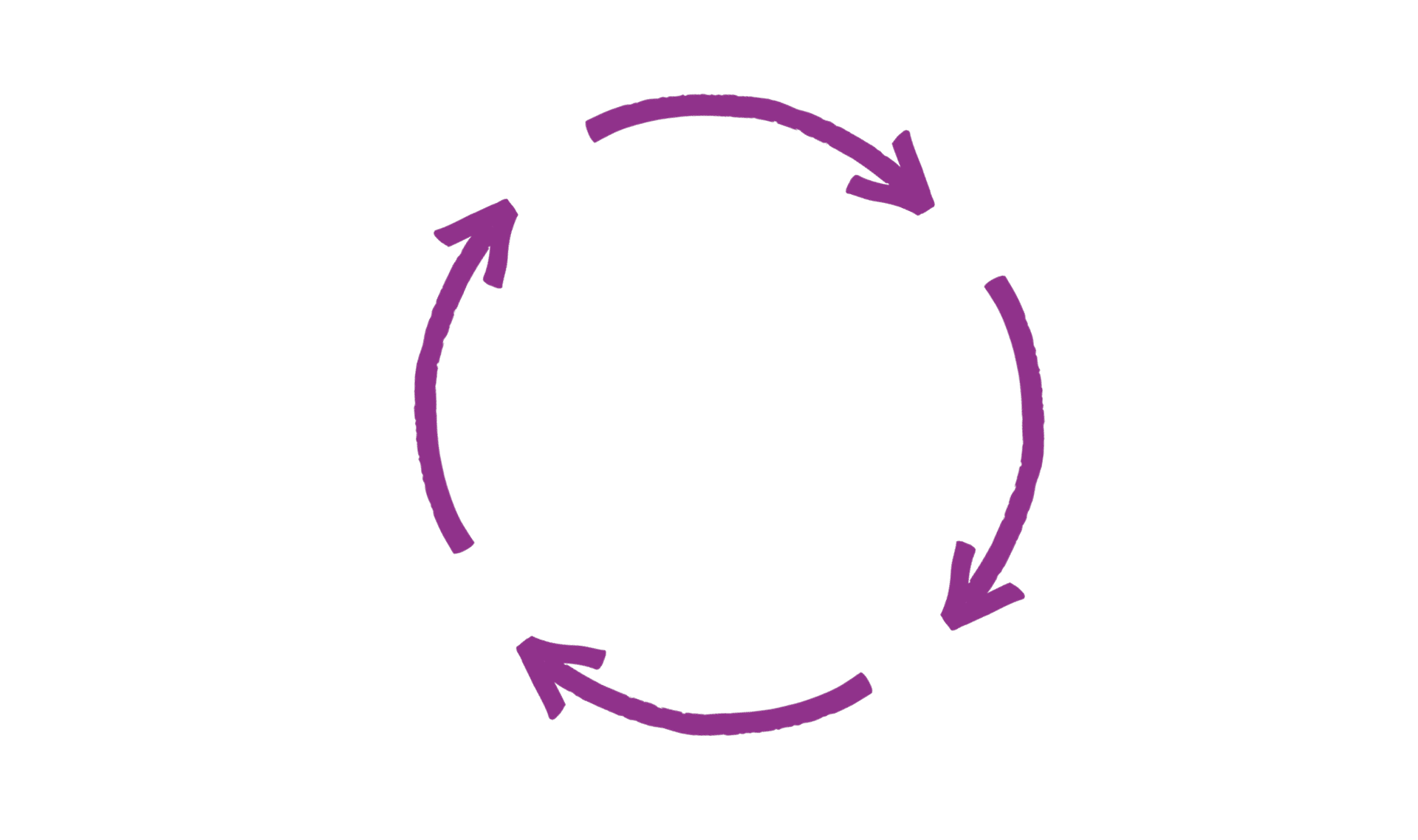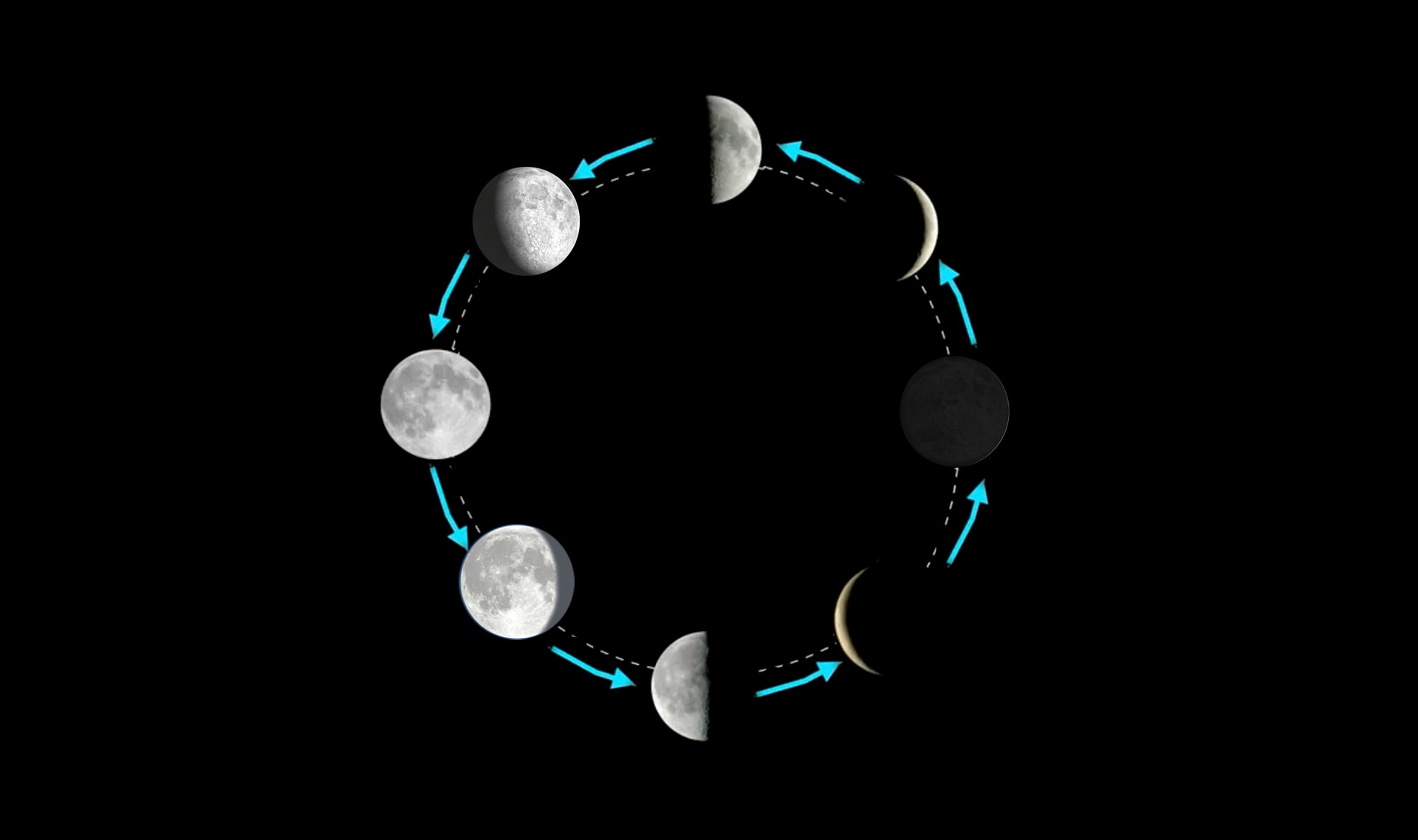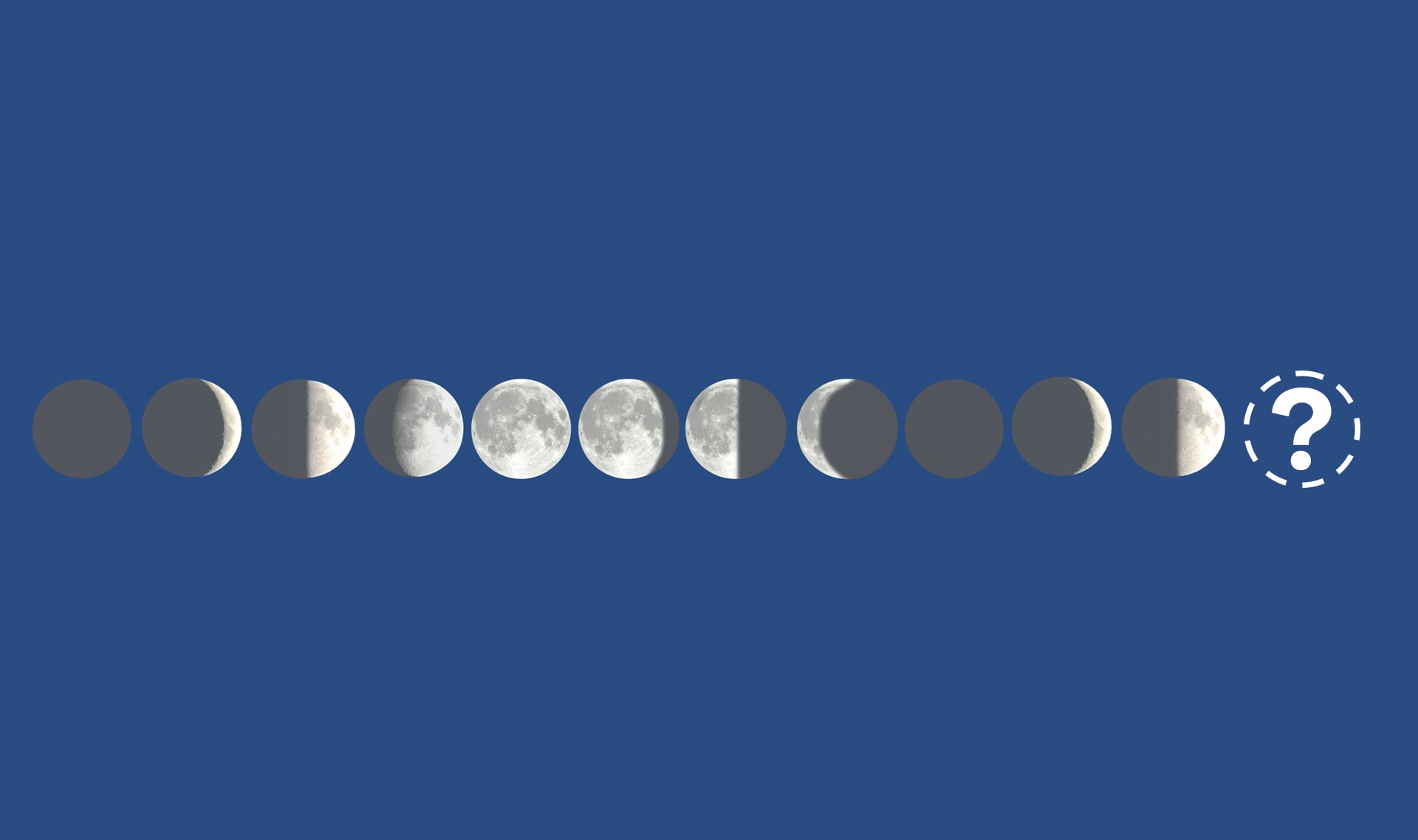Mystery Science respects the intellectual property rights of the owners of visual assets.
We make every effort to use images and videos under appropriate licenses from the owner or by
reaching out to the owner to get explicit permission. If you are the owner of a visual and
believe we are using it without permission, please
contact us—we will reply promptly and make
things right.
Exploration
Venus & the Moon by
Claude.schneider
, used under CC BY-SA
/ cropped, adjusted color, added border
moon rising by
flowcomm
, used under CC BY
/ cropped, adjusted saturation, layered with another image
reaching for the moon by
Sivaprasad k S
/ spliced
full moon by
Krückstock
, used under CC BY-SA
/ adjusted saturation
harvest moon rising by
slworking2
, used under CC BY
/ adjusted color and speed
moon in daylight by
Zeynel Cebeci
, used under CC BY-SA
/ adjusted color and cropped
moon in sky by
Bill Johnston
/ cropped, layered with other imagery
crescent gibbous moon by
Thomas Bresson
, used under CC BY
/ Heavily modified
crescent moon by
P. Bramwell
/ Heavily modified
moon view by
Luc Viatour
, used under CC BY-SA
/ Heavily modified
house at night by
StruffelProductions
/ cropped
sunrise background by
Stellarium
/ Heavily modified
tablet by
simon-ho
/ Heavily modified
lightbulb by
KMJ
, used under CC BY-SA
/ Heavily modified
Earth by
Celestia
/ part of a diagram
Other
crescent moon by
Richard Flink
, used under CC BY-SA
/ cropped, adjusted color
